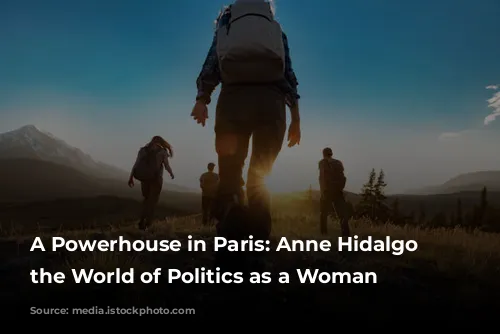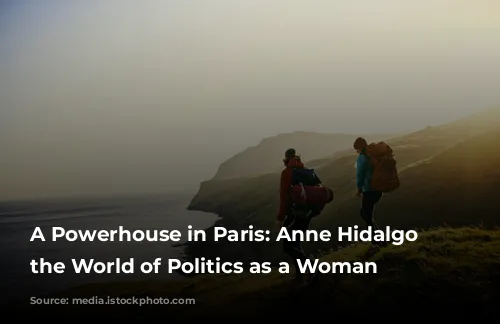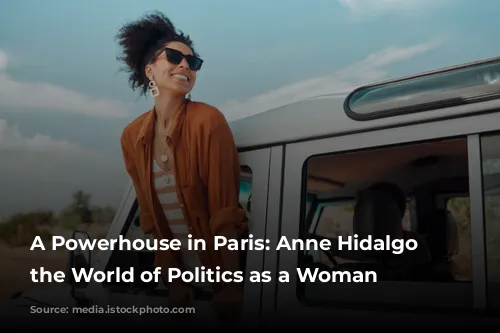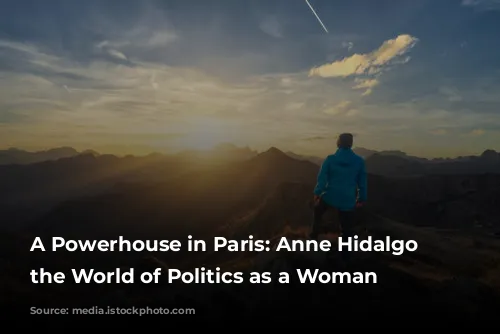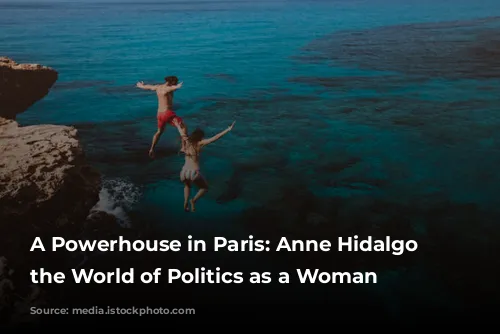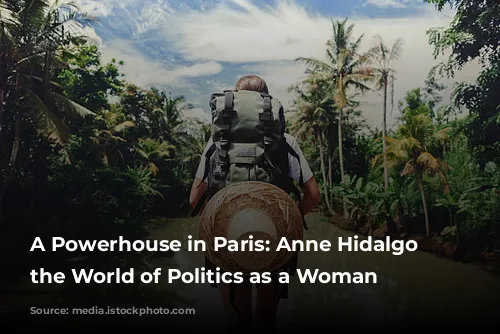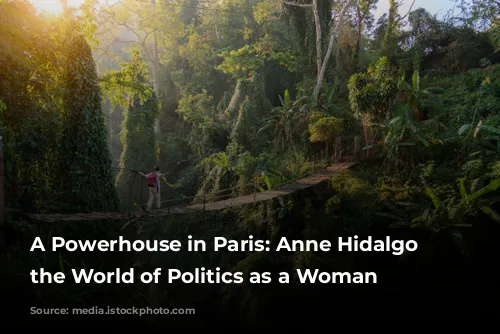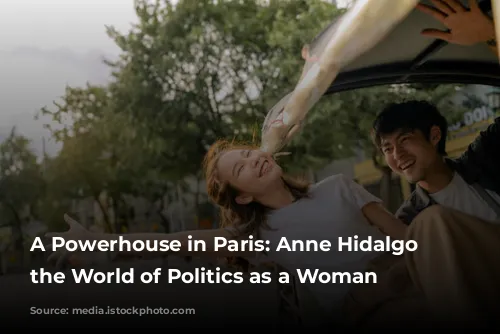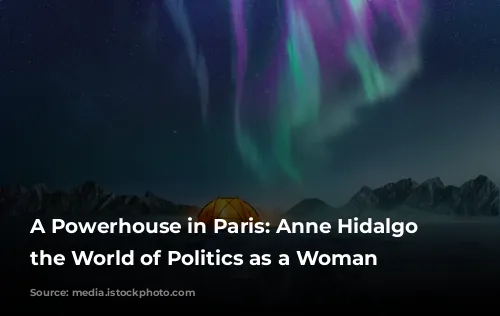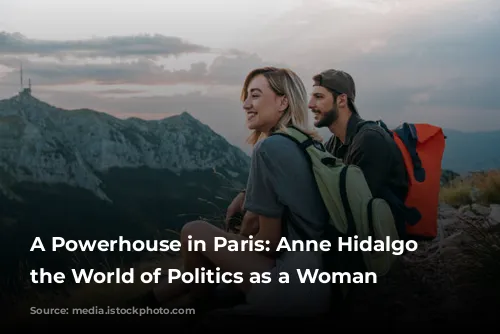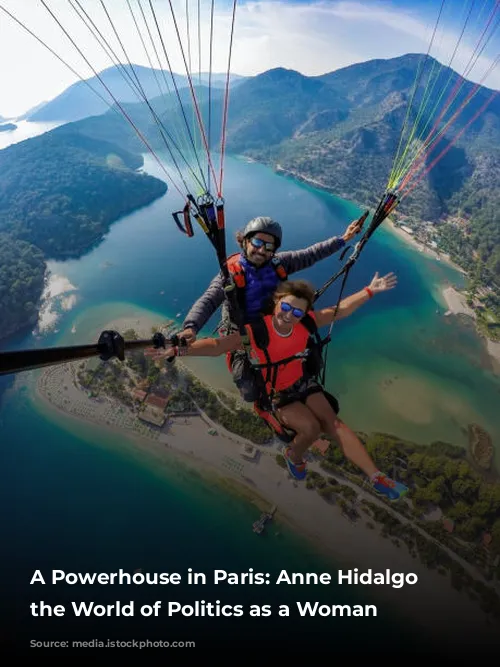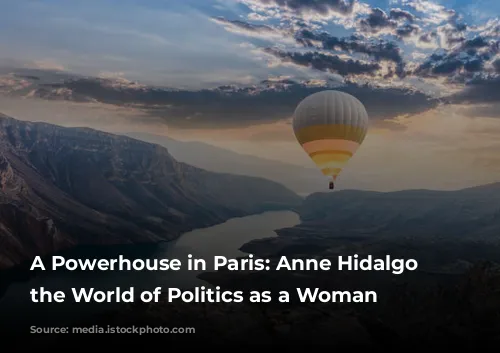On International Women’s Day, March 8th, Anne Hidalgo, the mayor of Paris, hosted a conference at the Hôtel de Ville, a breathtaking 19th-century building. The theme of the gathering was “A Woman = A Man? A Question of Power.” Hidalgo, dressed in a sophisticated navy dress, welcomed her fellow feminists, social justice advocates, and socialist politicians, emphasizing their courage and resilience in the face of adversity. She expressed her concern about the state of women’s rights globally, highlighting the dire situations in Afghanistan and Iran. She also lamented the pervasive sexism she experiences in her own political sphere, noting that women in positions of power are scrutinized and analyzed more intensely than their male counterparts. Hidalgo declared, “Politics is hard for everyone, but it is harder for women.”
Other notable speakers echoed Hidalgo’s frustration. Michelle Bachelet, former president of Chile, spoke about the unfair criticism women leaders face, stating, “People like Anne Hidalgo and I are criticized for being women, called authoritarian for making decisions—this is our job!” Dilma Rousseff, former president of Brazil, shared her experience of being removed from office by an online smear campaign accusing her of corruption, charges she has since been cleared of. Shirin Ebadi, an Iranian human rights lawyer and Nobel Peace Prize laureate, shared her conviction that more women need to be involved in politics and leadership roles.
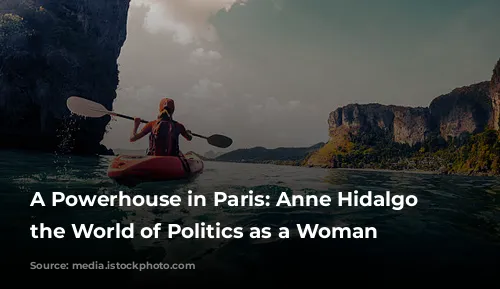
A Glimpse into the Life of a Mayor
My meeting with Anne Hidalgo at the Hôtel de Ville offered a fascinating glimpse into her world. The building itself, with its marble staircase, gilded decorations, and mirrored surfaces, is awe-inspiring. The mayor’s office, remarkably, is even more spacious than the president’s office in the Élysée Palace.
Hidalgo’s role as mayor is demanding. She is responsible for over two million Parisians, a 10 billion euro budget, and a municipal workforce exceeding 50,000 employees. Her days are filled with a complex mix of international issues, social problems, ceremonial duties, petty scandals, and the daily grind of bureaucracy. One week alone saw her juggling a referendum on parking fees for larger cars, a strike at the Eiffel Tower, and a dispute with the police chief over pedestrianizing a public square. All this while she celebrated the passage of a law guaranteeing a woman’s right to abortion, navigated the appointment of her political rival as minister of culture, and faced protests by farmers.
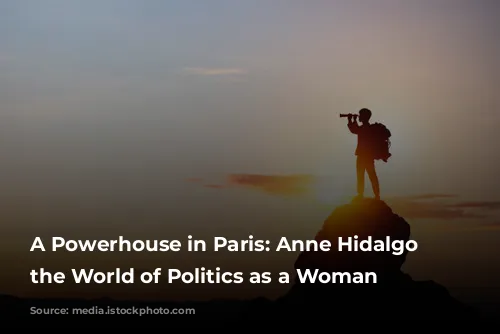
Facing Challenges and Controversy
Hidalgo’s responsibilities are immense, and she is not immune to scrutiny. She is personally under investigation for alleged misuse of public funds during a trip to Tahiti. While she maintains her innocence and claims the charges are baseless, the investigation has drawn media attention. This, on top of the immense pressure of hosting the Olympic Games this summer, has made her recent weeks particularly trying.
Despite the challenges, Hidalgo remains resolute and optimistic. During our interview, she spoke with a mix of warmth and caution, highlighting her vision for Paris and her unwavering commitment to her role. She readily acknowledges the difficulties of being a woman in politics, but she refuses to let those challenges define her. She is a woman who has worked her way to the top and is determined to make a difference.
Hidalgo’s story is one of resilience, determination, and vision. She is a powerful example of women in leadership roles and a testament to the importance of representation in government. Her journey is one of balancing the demands of her position with the challenges of being a woman in a male-dominated field. She is a force to be reckoned with and an inspiration to those who seek to make a difference in the world.
